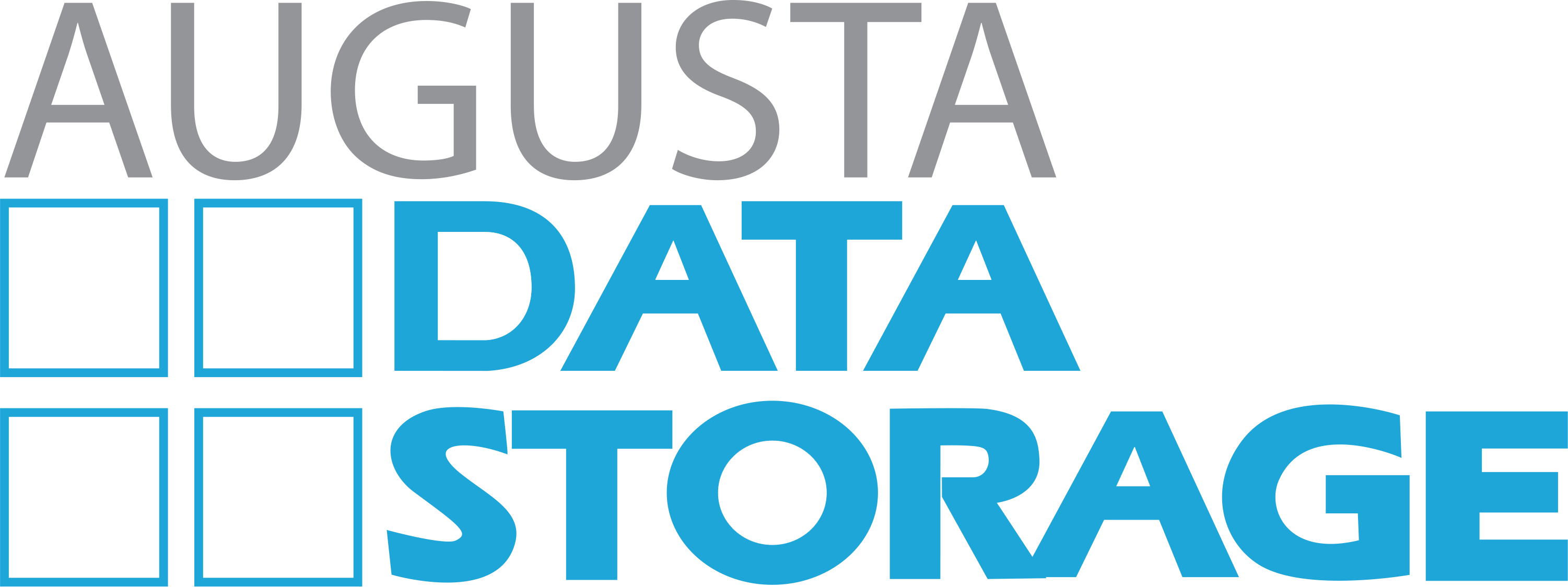The Psychology of Shredding: The Importance of Confidentiality and Trust

It’s no secret: data privacy is a big deal. The way that your business handles your consumer data is the heart of customer trust and brand loyalty. With data breaches and digital privacy concerns on the rise, being open about how you manage data is crucial.
By embracing strong information management and security practices, you can boost consumer trust and have peace of mind knowing your data is protected. We’re sharing the importance of data privacy in consumer trust and how you can build solid data management practices.
Building Customer Trust Begins with Data Security
Building relationships with your customers comes down to demonstrating that you respect their privacy. Studies show that data privacy is directly linked to customer trust. A recent Consumer Privacy Survey from Cisco revealed that data transparency is the number one factor in establishing consumer trust.
Information security isn’t just about keeping data safe from breaches. It also means being open with customers about their data protection. The survey further showed that customers felt that the single most important thing a business can do to gain their trust is to provide clear information on how their data is being used.
How Data Security Impacts Customer Trust
With consumer data becoming more valuable, privacy worries are growing, and consumer trust is at an all-time low. A 2020 McKinsey study revealed that 87% of consumers said they wouldn’t do business with a company if they had concerns about their security practices.
Businesses that neglect customer data protection face dire consequences: loss of trust, damaged reputation, and even legal repercussions.
What Counts as Consumer Data?
Knowing what makes up consumer data is crucial for implementing effective data management practices. The types of consumer data held by a business can vary widely based on the industry. Some examples include:
- Retail sector: Personal identification information (name, address, phone number), purchasing history, browsing behavior, and payment information.
- Healthcare providers: Medical histories, insurance details, and personally identifiable information (PII) including social security numbers and birth dates.
- Banking and finance industry: Transaction histories, credit scores, account numbers, and personal identification details.
- Tech industry: User behavior on apps or websites, IP addresses, and digital identifiers.
- Small to medium-sized businesses: Even if you don’t realize it, you may still possess consumer data. This can include contact information (names, addresses, phone numbers, and email addresses), transaction histories, customer preferences, buying habits, and website analytics data such as user behavior and page visits.
How to Build Strong Data Security Practices
When it comes to consumer data, trust is everything. Customers expect that their personal information will be kept confidential and treated with the utmost care. By establishing strong data protection practices, businesses can demonstrate their commitment to customer privacy and build trust among their clients. Here are our best practices to get you started:
- Understand Data Usage: It’s essential to have a thorough understanding of what data you collect, why you’re collecting it, and how it’s being used. This knowledge is crucial in explaining your data practices to customers.
- Keep Your Policies Up to Date: Regularly reviewing and updating privacy policies and terms of service can show customers that their data is a priority for your business.
- Know Your Responsibilities: Get to know the laws and regulations that your business needs to follow. Working with a professional records management service provider can help you understand your business’s risks and stay compliant.
- Keep Customers Informed: Be transparent with your customers about your data practices. Provide clear and concise information on how their data is collected, stored, and used. Make it easy for customers to opt out of data sharing if they choose.
- Train Employees on Data Privacy: As a business managing consumer data, one of the biggest steps you can take to safeguard data and records is to educate the people who are interacting with it daily: your employees. It’s important to train them on proper data handling procedures and reinforce the importance of confidentiality.
- Safeguard Paper Records: While digital data protection is crucial, businesses must also protect physical records. Paper documents often contain sensitive information and require secure storage to prevent unauthorized access. Use lockable cabinets and restrict access to authorized employees only, or choose a secure records facility for added protection.
- Consider a Records Management Program: Implementing a records management program can help you organize and secure your data, while also ensuring that it is easily accessible when needed.
- Implementing Backup Systems: A robust backup system is another critical component of a comprehensive data security strategy. Regular backups and the 3-2-1 layered strategy ensure that in the event of a data breach or loss, critical information can be recovered.
- Secure Disposal: When paper records are no longer needed, it’s critical to dispose of them securely. Properly shredding documents before recycling or disposing of them prevents sensitive information from falling into the wrong hands.
By understanding best practices, staying informed on laws and regulations, and implementing secure data management practices, businesses can build trust with their customers and maintain a strong reputation while mitigating the risks associated with consumer data.
Partner with a Records Management Provider
Opting to team up with a records management provider that has a solid track record is a smart move to strengthen your data security framework. These companies are experts at implementing strict data protection measures and can seamlessly handle this vital aspect of your business. It allows you to trust the complex task of data security to experienced professionals, making sure that your customer data is handled with expertise.
By partnering with a professional data management company, your team can concentrate on their strengths: driving business growth and boosting customer loyalty. These companies not only ensure top-notch data security but also offer valuable insights into data usage, helping you make the most of data-driven strategies.
By choosing a professional data management partner like Augusta Data Storage, you can provide an extra level of assurance for your customers, strengthening their trust in your dedication to data security.
For over 25 years, Augusta Data Storage has been the premier records storage facility in the Augusta, GA area. Our secure facilities and expert staff ensure we can help you build a data security framework that safeguards your customer data. Our expertise in managing and securing data, coupled with our dedication to customer service, makes us a partner you can rely on. Trust Augusta Data Storage to not only protect your data but to also help you leverage it for the growth of your business.
Trust Augusta Data Storage for Your Information Security Needs
Don’t take any chances when it comes to customer data. Start implementing these best practices now to show your commitment to data security and gain the trust of your customers.
At Augusta Data Storage, we’re serious about data privacy and know it’s vital for building customer trust. We’re here to help you protect your customer data with solid information management and security practices. Let Augusta Data Storage be your trusted partner in securing and managing your sensitive data. Contact us today to learn more about our services and how we can help protect your sensitive information.
